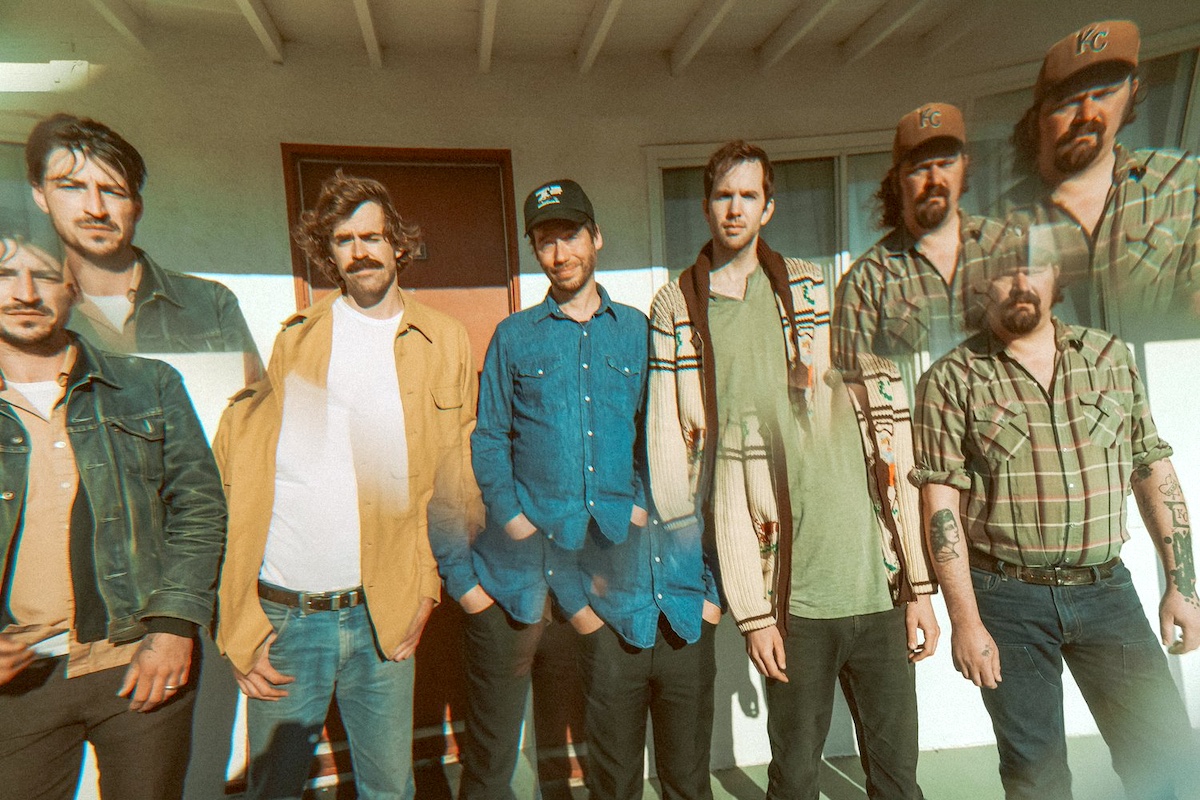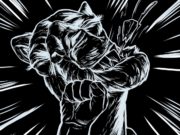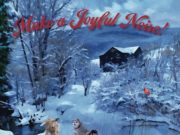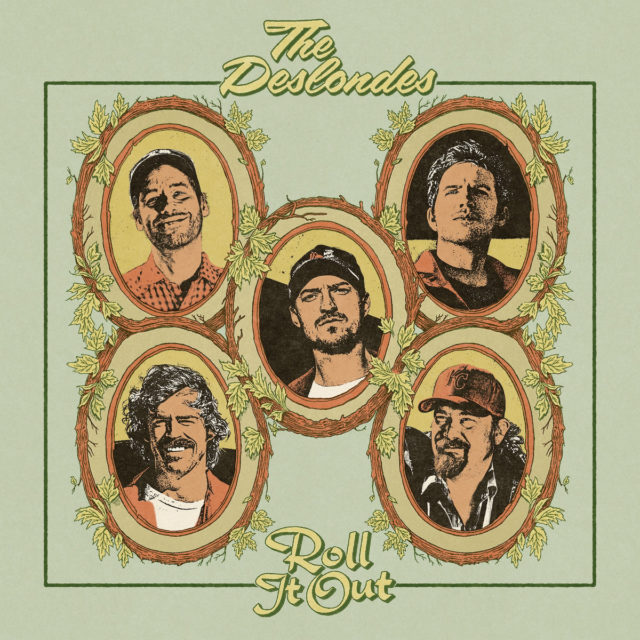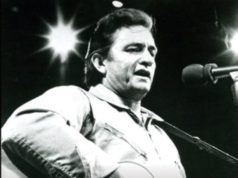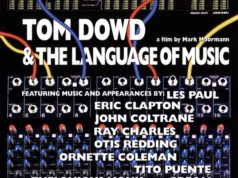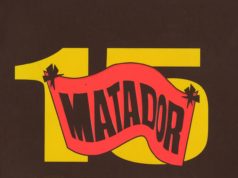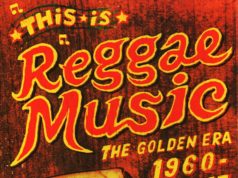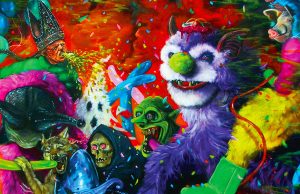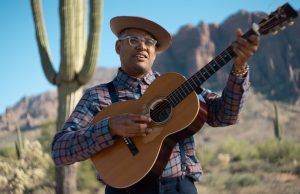THE EDITED PRESS RELEASE: “This band feels like the old family farm,” says Sam Doores, one of five songwriters and multi-instrumentalists in The Deslondes. “It’s a place where we can meet for the Fourth of July, bring our families, grill some burgers, and make some music together. It’s always going to be there, and we know it’s going to work and feel good.”
After more than 15 years together, four albums, and countless live shows, the five members have found new inspiration in the ties that bind them together as friends and collaborators, as something close to kin. That sense of comfort and commitment animates their new album, Roll It Out, lending it a quiet poignancy as they reflect on what it means to devote yourself to others — whether it’s family, friends, audiences, or other guys in the tour van with you.
Founded less as a band than as a neighborhood hang at Doores’ home on Deslonde Street, the band devised an anything-goes philosophy that allowed them to incorporate sounds they picked up on their travels and everything they heard at home: Classic country, hobo folk, crust punk, rural blues, Third Ward jazz, rockabilly, R&B, Fats Domino and Allen Toussaint but also George Jones and The Band. “We take turns giving each other somebody to lean on when it’s our turn and the freedom to express themself any way they want,” says Riley Downing, who usually plays guitar and sings his own and others’ songs. “That means we don’t have a particular genre. It’s a gumbo of all different genres and time periods. Everybody’s literally into everything.”
Roll It Out recaptures the crackling energy of the band’s early days but also reflects the new perspective of age and maturity. “We’ve had some of these songs for a long while, and fans who know us might well know some of these songs,” says John James Tourville, who plays electric guitar, pedal steel and occasionally the fiddle, and who writes songs but doesn’t sing them. “It’s about half and half old versus new, so it feels both fresh and familiar to us. It reminds me of back when we were starting out, before we were even The Deslondes — back when we were The Tumbleweeds. It’s like we’re moving forward to get to where we were.”
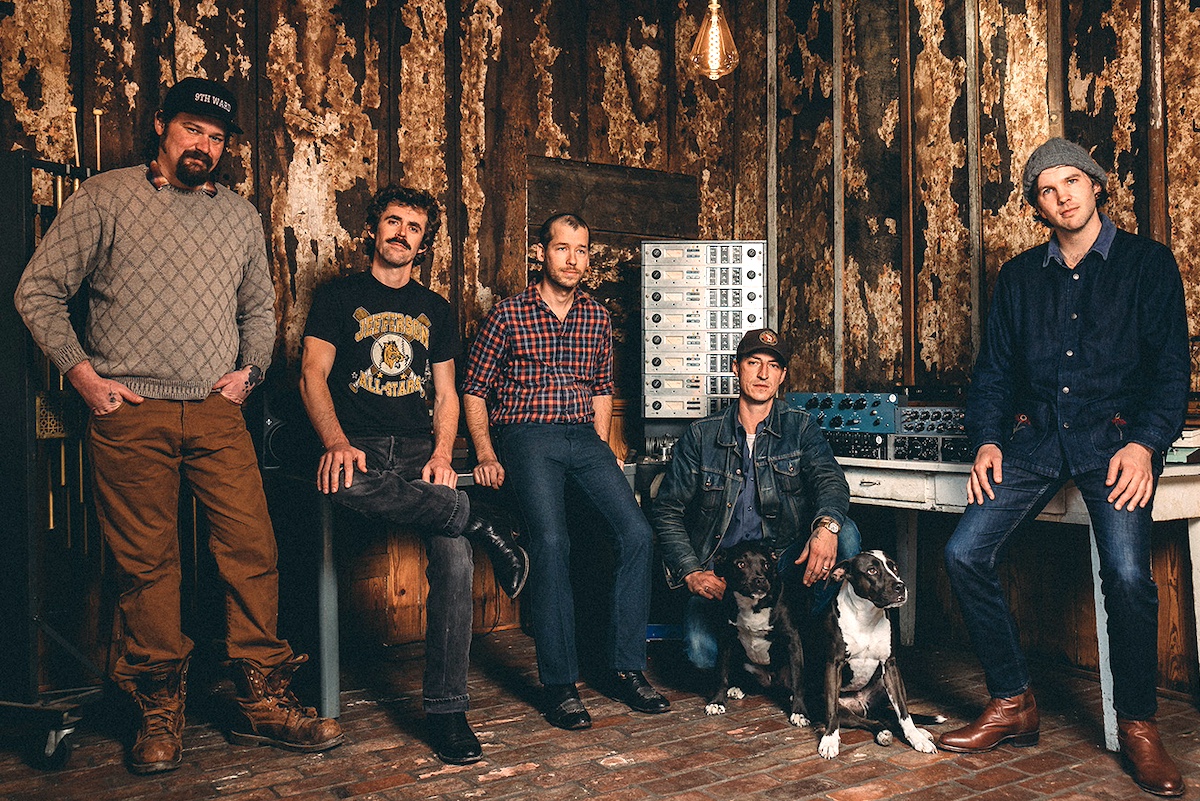
Roll It Out sounds like a small miracle from a band returning from a long hiatus and recovering from the loss of a crucial player. Following 2022’s experimental Ways & Means, longtime drummer and keyboardist and harmony singer Cameron Snyder realized he had toured as much as he could and needed to settle down. His parting was amicable, but it still rocked The Deslondes. “It was a hard role to fill because Cam wrote songs, sang beautiful harmonies, played multiple instruments, and did wonderful work with arrangements and production,” says Doores. “We needed somebody who could bring his own voice to the band and pick up different things in the studio. It just wasn’t going to be the Deslondes unless we were bringing in someone who had an equal voice.”
They didn’t need to look very far. A mainstay in the New Orleans music scene, Howe Pearson had played with Doores in various projects and had recently toured with Hurray For The Riff Raff, and proved even more versatile than expected. “Howe came in with such a great attitude,” says Downing. “He can sing harmonies and write songs, and he’s good to travel with. He plays drums a little more upbeat, more like what we used to have when we were just a New Orleans dance band. It pepped everything up.” His presence in the van and on the stage and in the studio changed The Deslondes’ direction, giving them access to older rhythms and energies that reminded them of the band’s earliest days.
When they started gathering songs for a new album, they had some new ones but also some old favorites that had been rattling around for years despite having never been recorded. Downing has been playing versions of opener Hold On Liza for the better part of a decade, mostly around campfires but occasionally onstage, but they struggled to get a satisfactory version on tape. This new lineup crafted a big singalong chorus that serves as a showcase for their downhome harmonies. “People always requested it,” says Downing, “so I thought it would be nice to get it down so it doesn’t slip into obscurity. I’m so much older now than when I wrote it, and I’ve realized it’s okay to sing an old song and give it new life before it fizzles out.”
After brief pre-production in New Orleans, the band booked time at the Bomb Shelter in Nashville, where they’ve recorded every Deslondes album with producer (and unofficial sixth member) Andrija Tokic. They shared ideas and conducted impromptu experiments, adding handclaps to Pearson’s snappy I’ll Do It and churchly organ and mandolin to Dan Cutler’s sympathizing Find the Ground. “We knew we wanted a stripped-down and very loose feel,” says Tourville. “Andrija kept saying, Let’s just be easy. Do we really need another guitar here? No. Everybody was chiming in and listening to each other, and that’s a good feeling when everybody’s on the same page.”
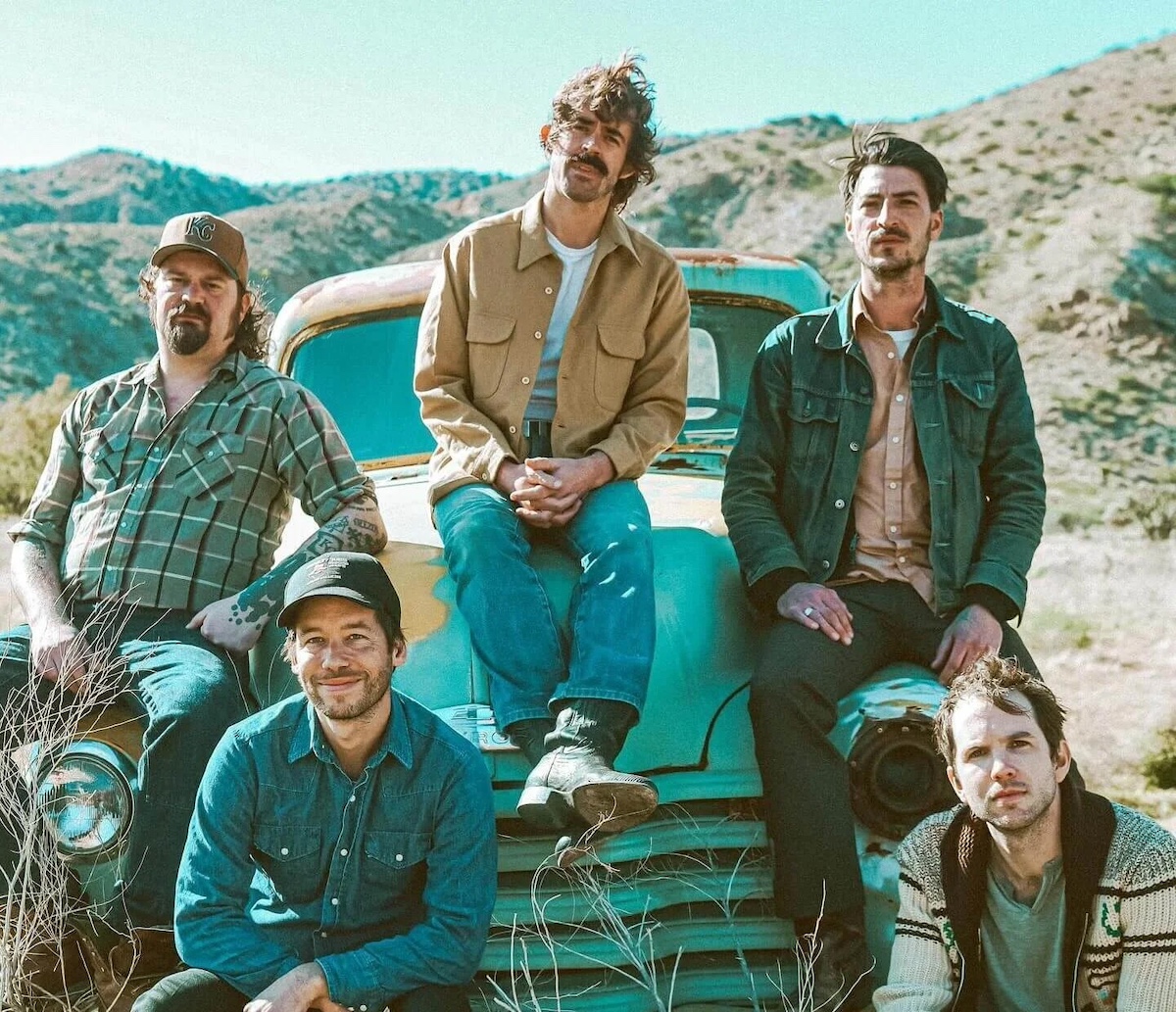
That kind of back-and-forth demands no small amount of trust, not only to say which ideas don’t work but which ones do. And then to fight for those ideas. Throughout the sessions, Doores argued that Mercury on Parade didn’t belong on the album, despite the fact that he wrote it. It’s a sweet song with a gentle humor, a breezily bluesy riff, and lyrics about knowing when to shut up around the people you love. “It’s my own song, but it felt like an outlier,” he says. “It just never clicked for me. But they convinced me that it added a nice break. It finally started to click for me in the mixing process, and I realized they were right. In general, I think we err on the side of being very critical of our own songs and believing more in everybody else’s.”
With age comes a reluctance to romanticize the allure of the road. Grand Junction, penned by Tourville and sung by Downing, addresses their history of hopping freights across America, back when they were wandering aimlessly, even recklessly. With its slowly chugging drumbeat, brushstrokes of pedal steel, and wailing harmonica, it’s a somber lament for the foolhardiness of youth. “It’s the last train song I’m ever going to write,” says Tourville. “I’m over it. I haven’t ridden a train in four years. I grew out of it, so I’m going to shut up about it.” Downing approached the song with the same gravity: “It’s something that has been romanticized and glorified in a way that I don’t agree with, so I understood where he was coming from. We all sing our songs about our rough and rowdy ways, but there are people who didn’t make it to their destinations.”
That sober view of the past enlivens this record of regrets and reliefs by a band coming to terms with all the history they share. “We love traveling and touring, but maybe even more than that we love being home with our families. We all write songs based on our own lives and feelings, so they all fit together because we spend so much time together. We know we’re never going to get this close with anybody else ever again, because we’ve been through so much together.”
